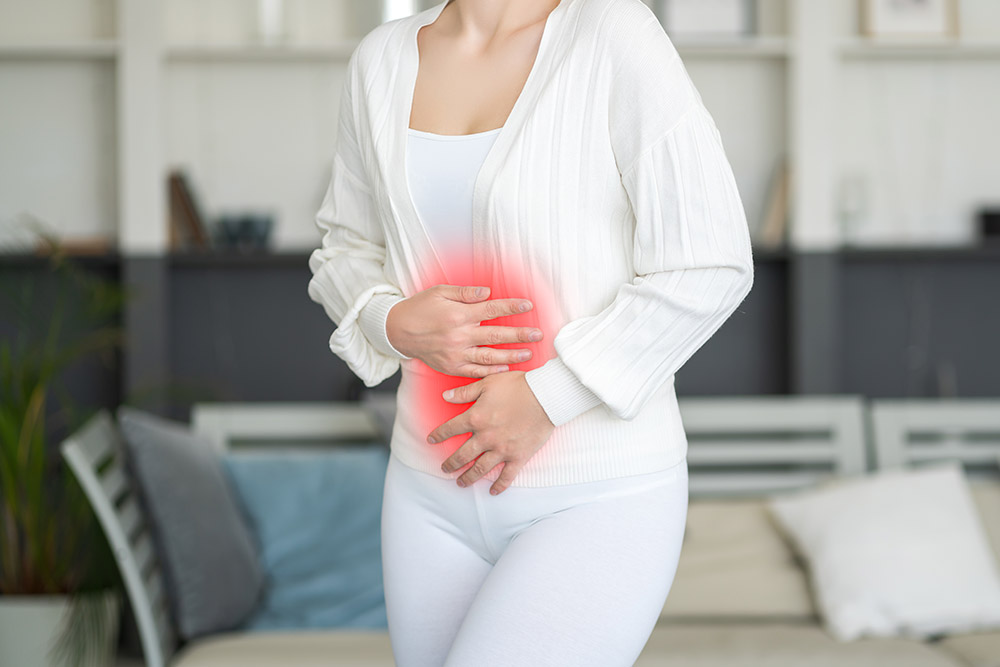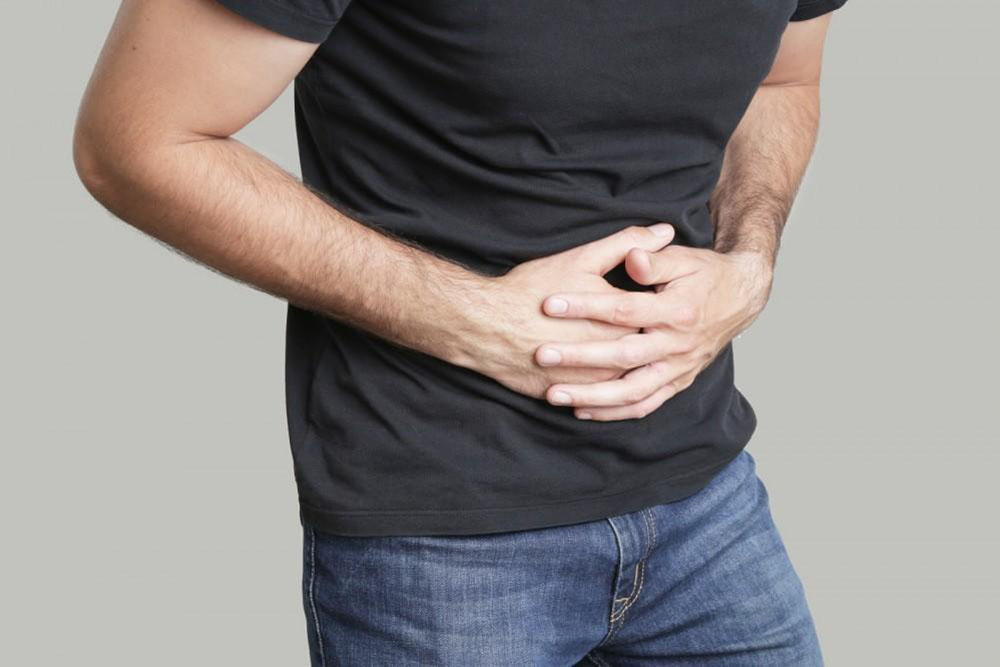What Is Collagenous Colitis?
Collagenous colitis is a type of microscopic colitis that leads to chronic, watery diarrhea. Under a microscope, a pathologist sees a thickened band of collagen (a structural protein) just beneath the lining of the colon. Despite normal appearance on standard colonoscopy, tissue biopsies confirm the diagnosis.
Common Causes and Risk Factors
- Age over 50
- Use of certain medications (NSAIDs, some antidepressants like SSRIs)
- Existing autoimmune diseases (such as thyroid disorders or celiac disease)
- History of smoking
- Female gender (slightly higher incidence)
Signs and Symptoms
- Persistent, watery diarrhea (often several times per day)
- Sudden urgency to use the bathroom
- Abdominal cramping or discomfort
- Mild unintended weight loss
- Fatigue or weakness from fluid loss
Expert Treatment for Collagenous Colitis by Dr. Bharat Pothuri
Dr. Pothuri uses a step-by-step approach:
Medical History and Physical Exam
He reviews your diarrhea pattern (including urgency and frequency), any abdominal or epigastric discomfort, medication use (NSAIDs, SSRIs), smoking history, and coexisting autoimmune conditions.
Laboratory and Stool Studies
We draw blood to check for anemia or inflammation (CBC, CRP) and obtain stool samples to rule out infections, parasites, and other inflammatory bowel diseases.
Colonoscopy with Biopsy
- Direct visualization of the colon lining to assess for subtle mucosal changes.
- Multiple tissue samples are taken pathology looks for the hallmark thickened subepithelial collagen band.
Additional Evaluation (if needed)
In rare or atypical cases, Dr. Pothuri may order cross-sectional imaging (CT or MRI enterography) or capsule endoscopy to exclude small-bowel pathology as a cause of chronic diarrhea or upper-abdominal discomfort.
Frequently Asked Questions
What is collagenous colitis?
Collagenous colitis is a form of microscopic colitis that causes chronic, watery diarrhea and shows a thickened collagen band under the colon lining when viewed under a microscope.
What causes collagenous colitis?
The exact cause is unknown, but risk factors include age over 50, certain medications (NSAIDs, some antidepressants), autoimmune conditions, smoking history, and female gender.
What should I avoid eating with collagenous colitis?
Avoid or limit caffeine, carbonated drinks, high-fat or fried foods, sugar substitutes (sorbitol, mannitol), and dairy if you're lactose intolerant.
How is collagenous colitis diagnosed?
Diagnosis requires a colonoscopy with biopsy. A pathologist examines tissue samples for the characteristic thick collagen layer beneath the colon lining.
What treatments are available for collagenous colitis?
Treatment may include dietary modifications, anti-diarrheal agents (like loperamide), budesonide (a targeted steroid), and bile acid binders (cholestyramine). Severe cases might require endoscopic therapy.
Can diet alone cure collagenous colitis?
Dietary changes help many patients, but some also need medication or minimally invasive procedures to control symptoms effectively.












